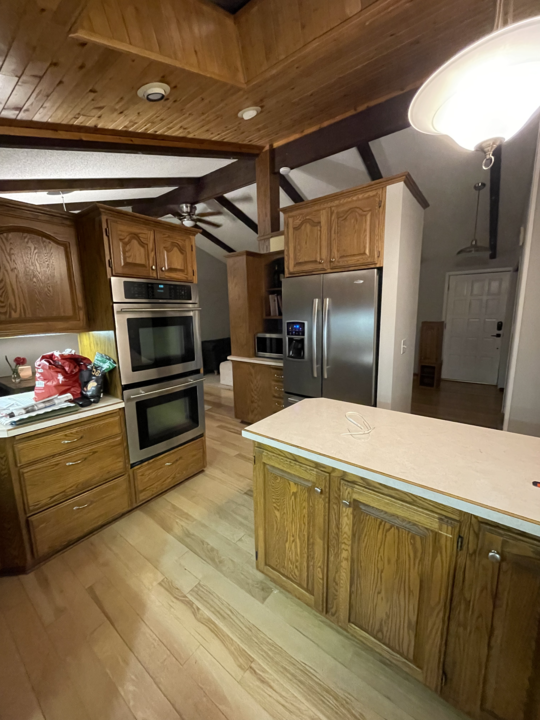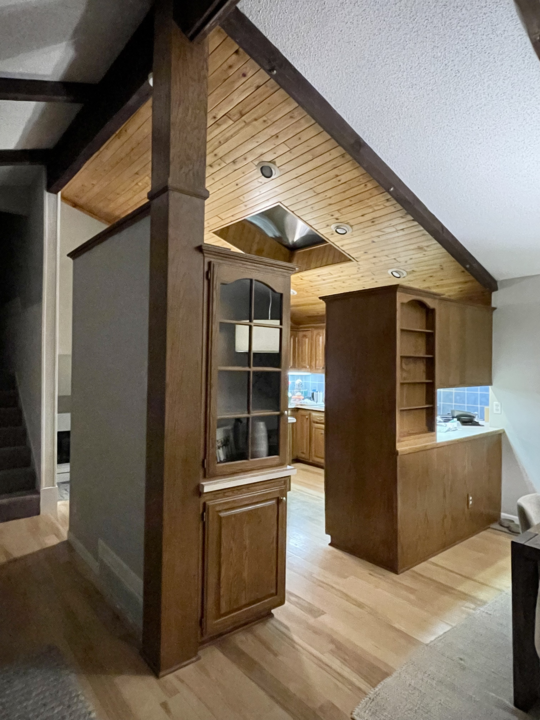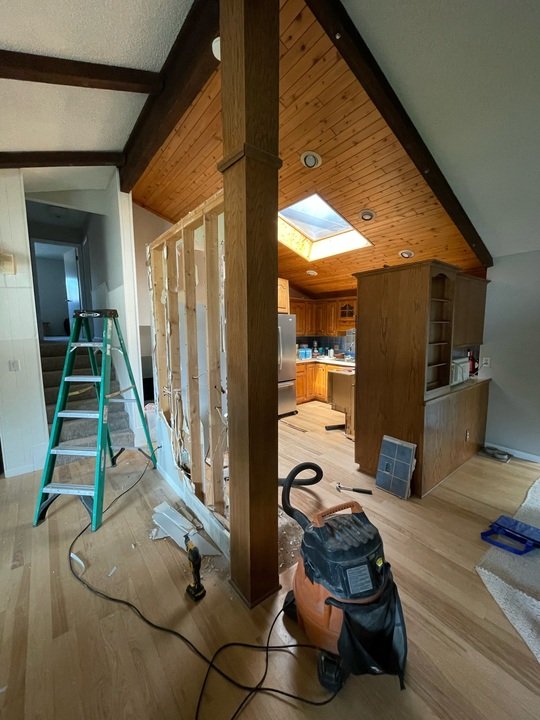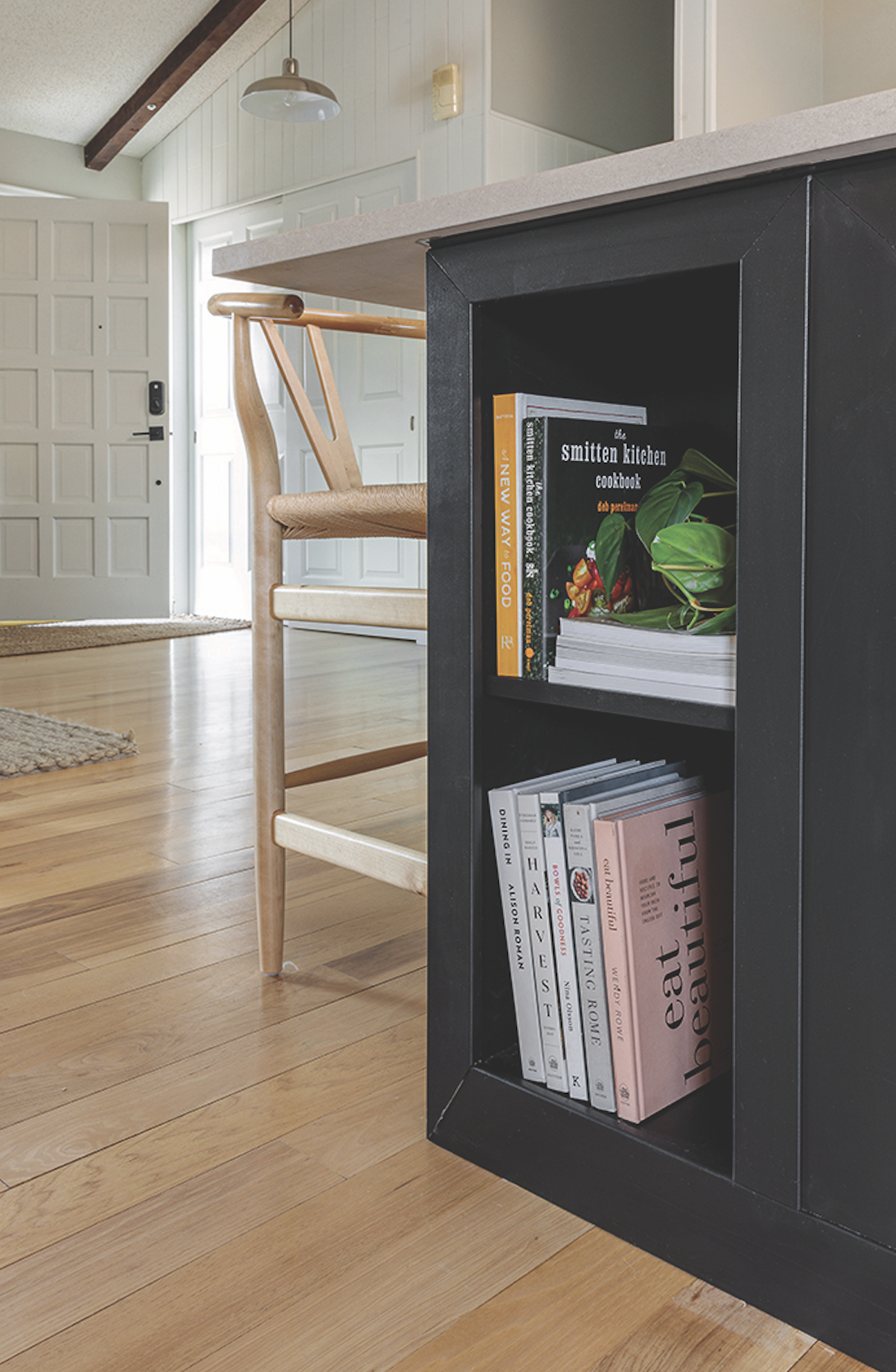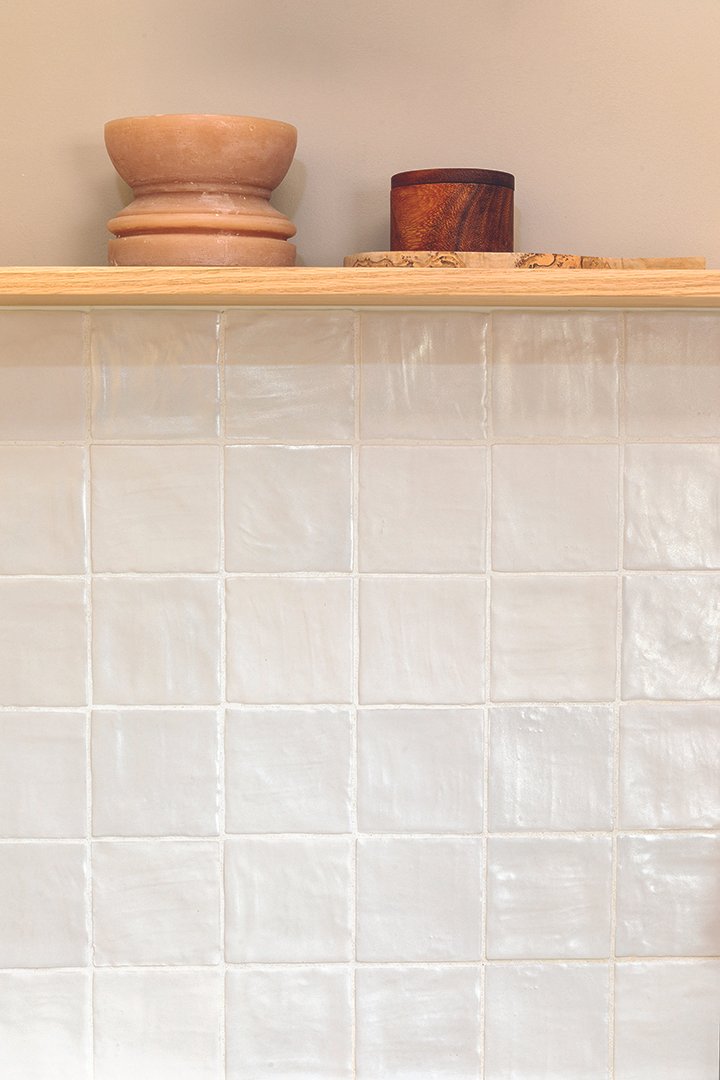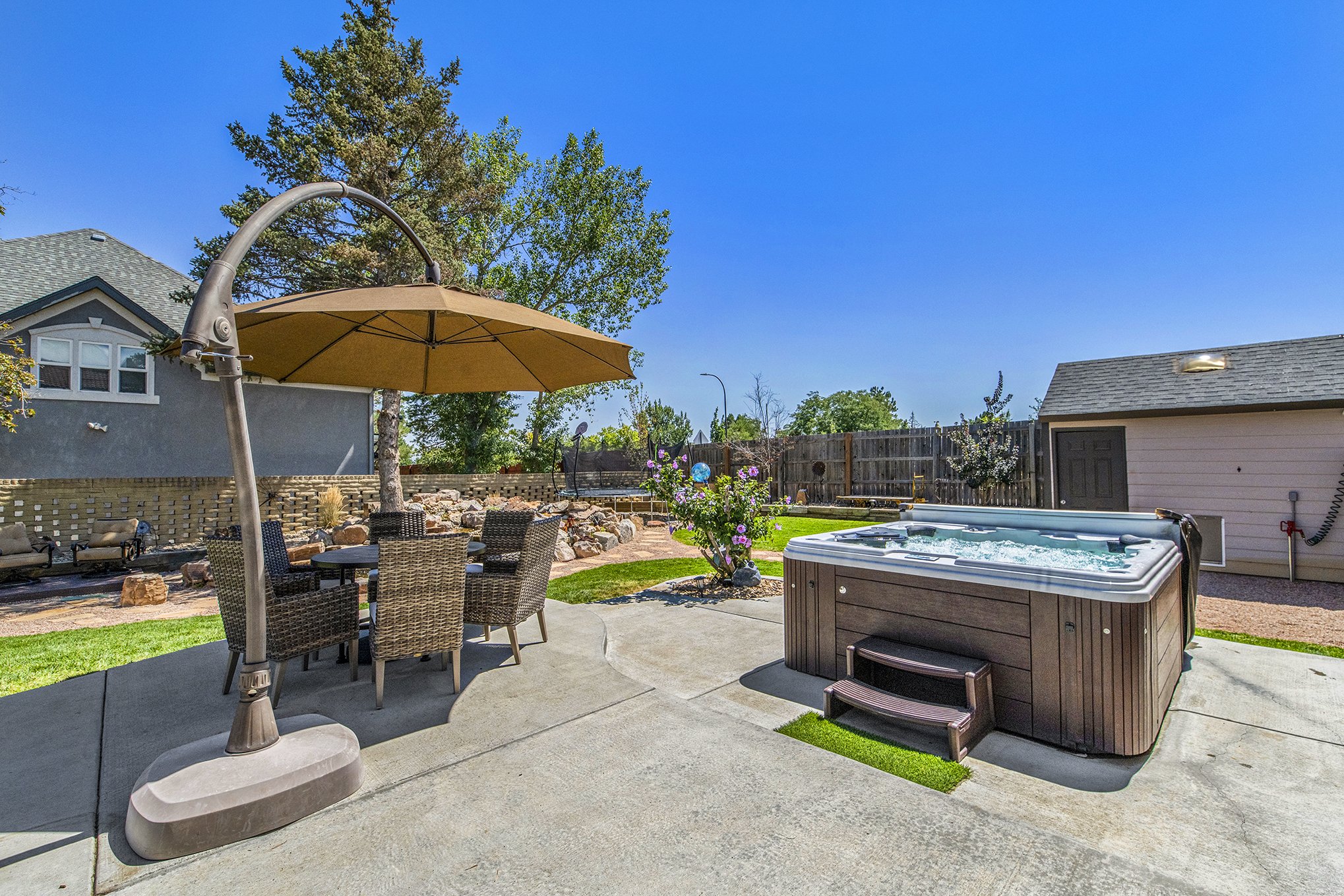Mortgage pre-approval and pre-qualification are two different processes that help you secure a mortgage for buying a house. Prequalification estimates how much you can borrow without a credit check.
On the other hand, pre-approval involves a more detailed review of your financial and credit situation. It requires a credit check and additional documentation like W2 forms and tax statements.
Pre-approval gives you a better understanding of your creditworthiness and allows you to negotiate with sellers confidently. In my experience as a Realtor for the past three decades, a mortgage pre-approval is far more valuable than a pre-qual.
It is essential to understand that a pre-approval does have an expiration. Depending on the lender, a mortgage preapproval typically lasts 60-90 days. Let's take a closer look at comparing these two mortgage terms.
What's a Mortgage Prequalification?
A mortgage pre-qualification is an initial assessment that helps determine how much you can borrow for a home loan. It provides a general idea of your purchasing power based on the information you provide to a lender.
Understanding Mortgage Prequalification
Mortgage prequalification involves submitting your financial details, such as income, assets, and debts, to a lender. The lender evaluates this information to estimate the loan amount you could potentially qualify for.
How Prequalification Can Help You
Prequalification can be beneficial when starting the home-buying process and wanting to understand your budget. Knowing your potential loan amount can help narrow your search and give you an idea of what properties you can afford.
Factors Considered in Mortgage Prequalification
Your income and employment history
Your credit score
Your current debts and monthly expenses
The amount of money available for a down payment
Benefits of Getting Prequalified
Getting prequalified can provide several benefits:
It allows you to understand your budget and set realistic expectations
It helps you focus your home search on properties within your price range
It gives you a head start when you're ready to move forward with the mortgage process
Shows sellers that you are serious about purchasing a home
What is Mortgage Pre-Approval?
When obtaining a mortgage, understanding the concept of pre-approval is crucial. It is a more in-depth assessment of your financial situation and creditworthiness, clearly showing how much you can borrow and the interest rates you can expect.
The Importance of Mortgage Pre-Approval
Mortgage pre-approval is an essential step in the home-buying process. It gives you a realistic understanding of your financial capabilities and helps you set appropriate expectations. With a pre-approval, you gain confidence and credibility when making property offers. You should ask the mortgage lender you choose to ensure your pre-approved.
The Process of Mortgage Pre-Approval
Securing a mortgage pre-approval involves several steps. First, you must provide detailed information about your income, employment history, assets, and debts. Your lender will then verify and evaluate this information to determine your creditworthiness. This typically includes a thorough review of your credit report and scores.
Documentation Required for Pre-Approval
Here is a summary of what is needed for mortgage pre-approval.
Proof of income, such as W2 forms, pay stubs, and tax returns
Identification documents, such as a valid driver's license or passport
Bank statements and investment account statements
Proof of assets, such as property valuations or car titles
Information about your debts and financial obligations
The Benefits of Mortgage Pre-Approval
Obtaining a mortgage pre-approval offers several advantages. Firstly, it helps you determine a realistic budget for your home search, ensuring you only consider properties within your financial reach.
Additionally, it demonstrates to sellers that you are a serious buyer, increasing the likelihood of your offer being accepted. Finally, pre-approval provides a clear understanding of the interest rates and loan terms you can expect, allowing you to make informed decisions.
Understanding the Difference: Prequalification vs. Pre-Approval
When obtaining a mortgage, it's essential to understand the difference between prequalification and pre-approval. While both processes can give you an idea of your borrowing capacity, they have distinct characteristics and advantages.
Differentiating Prequalification and Pre-Approval
Prequalification is the initial step in the mortgage application process. It involves providing basic financial information to a lender, such as your income, assets, and debts.
Based on this information, the lender can estimate the mortgage amount you could qualify for. Remember that prequalification is preliminary and does not require a thorough credit check or documentation verification.
On the other hand, pre-approval is a more detailed and rigorous assessment. It requires submitting financial documents such as W2 forms, pay stubs, and tax statements for verification. The lender will also conduct a credit check to assess your creditworthiness.
With pre-approval, you receive a conditional commitment from the lender stating the specific loan amount you qualify for, the interest rate, and other terms.
Pros and Cons of Prequalification
Prequalification offers several benefits for prospective homebuyers. It gives you a general idea of your affordability and helps you determine a price range when searching for properties. Prequalification is a quick and straightforward process that doesn't impact your credit score.
However, it's important to note that prequalification does not guarantee loan approval. Since it doesn't involve thoroughly reviewing your financial documents or credit history, the estimated loan amount may not accurately reflect what you can borrow. Sellers may also view prequalification as less credible than pre-approval, potentially affecting negotiations.
Pros and Cons of Pre-Approval
Obtaining pre-approval for a mortgage brings several advantages. With a pre-approval letter, sellers see you as a severe and well-qualified buyer, increasing your chances of accepting your offer. Pre-approval provides a more accurate estimate of your borrowing capacity, allowing you to search for homes within your price range confidently.
However, the pre-approval process requires more time and effort compared to prequalification. The lender will thoroughly examine your financial documents and credit history, which can take several days or weeks.
Additionally, the credit check during pre-approval can temporarily impact your credit score. It's crucial to weigh these factors when deciding whether to pursue pre-approval.
Which Option Is Right for You?
The choice between prequalification and pre-approval depends on your circumstances and preferences. Prequalification can be a good starting point if you are in the early stages of considering buying a home and want to get a rough idea of what you can afford. It provides a preliminary understanding without undergoing a detailed credit and documentation review.
On the other hand, if you are ready to actively search for a home and want a more accurate estimate of your borrowing capacity, pre-approval is the better option. It positions you as a serious buyer in the eyes of sellers and gives you confidence during negotiations.
Ultimately, working with a trusted lender who can guide you through the prequalification or pre-approval process is essential. They can evaluate your circumstances and help you make an informed decision based on your financial goals and timeline.
How Much Home Can You Afford?
When purchasing a home, understanding how much you can afford is crucial. Assessing your budget allows you to determine a realistic price range and avoid financial strain.
Read more about affordability on RISMedia.
Related Links
Get Ready for Fall Weather With These Expert Roofing Preparation Tips
Signed Contracts for U.S. Homes Rise for the Second Month in a Row
If there is a home that you would like more information about, if you are considering selling a property, or if you have questions about the housing market in your neighborhood, please reach out. We’re here to help.
Search Homes in Colorado
Search Homes in Oklahoma
Search Homes in Oregon
Search homes in Minnesota





